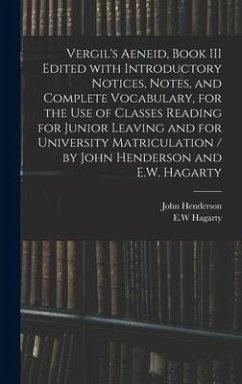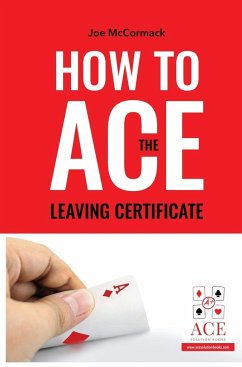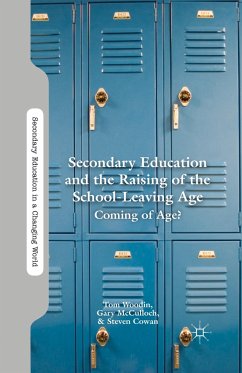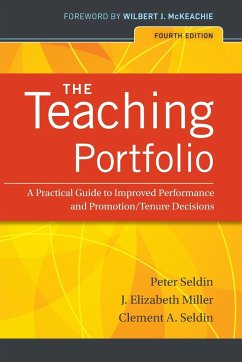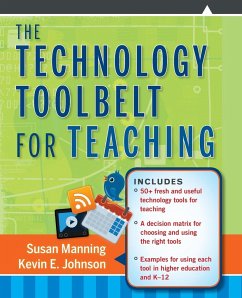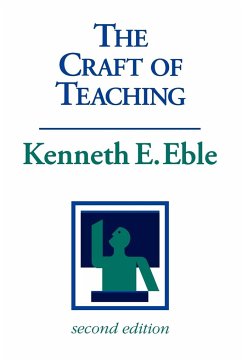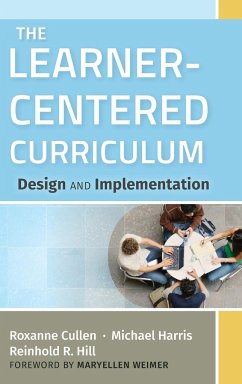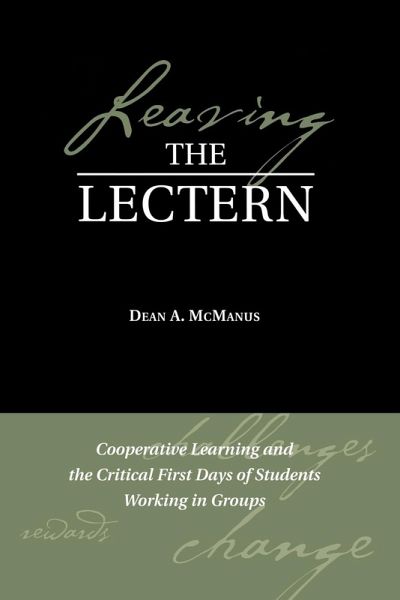
Leaving the Lectern
Cooperative Learning and the Critical First Days of Students Working in Groups
Versandkostenfrei!
Versandfertig in über 4 Wochen
38,99 €
inkl. MwSt.

PAYBACK Punkte
19 °P sammeln!
This book records the story of how one professor at a research university used a form of active learning to change the way he taught-- from traditional lecture and examinations to cooperative learning and student projects. Drawn from teaching notes, conversations with students, student evaluations, and annual reports, readers will learn the kinds of risks, assumptions, and decisions they will face as they change their teaching to emphasize student learning, particularly during the critical first days of change. Engagingly written, Leaving the Lectern offers an honest and insightful look at the...
This book records the story of how one professor at a research university used a form of active learning to change the way he taught-- from traditional lecture and examinations to cooperative learning and student projects. Drawn from teaching notes, conversations with students, student evaluations, and annual reports, readers will learn the kinds of risks, assumptions, and decisions they will face as they change their teaching to emphasize student learning, particularly during the critical first days of change. Engagingly written, Leaving the Lectern offers an honest and insightful look at the challenges and rewards of achieving change in the classroom. This book: * Motivates faculty and graduate students to visualize what changing their teaching to enhance student learning will be like by illustrating through narration how a professor much like them made the change * Provides reflective questions at the end of each chapter to help readers use the information in the chapter * Enhances the readers' preparation for the change by citing references to pedagogical precepts, strategies, and tools * Summarizes the seven themes found in the book to help bring about the change






